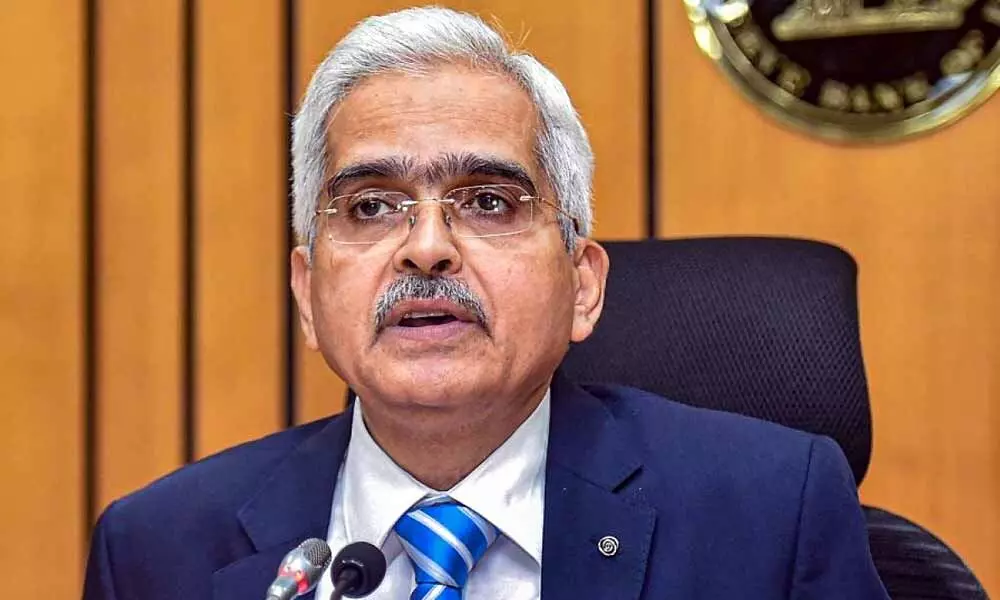Rising fuel prices will derail economic recovery; it's time for Centre to act
On Thursday, Reserve Bank of India Governor Shaktikanta Das gave his piece of mind on the ever-rising fuel pricesin the country.
image for illustrative purpose

On Thursday, Reserve Bank of India Governor Shaktikanta Das gave his piece of mind on the ever-rising fuel pricesin the country. The soft-spoken RBI chief has made it amply clear that petrol and diesel prices will have a bearing on the cost of manufacturing and production. As the RBI chief has pointed, any rise in production costs will have a cascading effect, thus stoking inflationary pressures.
He batted for a coordinated initiative from both the Centre and State governments to reduce taxes on petrol, diesel, and other fuels. Das made these comments while speaking at an event organised by the Bombay Chamber of Commerce in Mumbai.
RBI's remarks are timely. Inflation fears apart, rising high fuel prices are pinching every pocket at a time when the Covid-19 crisis has taken a toll on the jobs, incomes, and whatnot. It's a fact that the governments at the Centre and in the States do have their share of economic woes owing to the pandemic-induced crisis and they need additional resources to put the shrinking economy back on the growth track. Butimposing an additional financial burden on people is not advisable during these trying times.
Last week, petrol prices crossed Rs 100 per litre mark in Rajasthan. It was for the first time in the country that petrol prices crossed the three-digit mark. Incidentally, Congress, which time and again criticiseshigh fuel prices, is in power in Rajasthan, a State which levies the highest local taxes on fuels.Later, several other States also notched up the dubious record.
Taxes on fuels vary from State to State. But on average, petrol attracts about 60 per cent tax while it's 54 per cent on diesel. That means from every rupee that a consumer pays for petrol, 60 paise goes to the governments in the form of various taxes. It's 54 paise in the case of diesel. The Modi government, after coming to power in 2014, went on increasing taxes whenever there was a fall in global crude oil prices. So, consumers could not enjoy the benefits of lower crude oil prices. At one point, crude oil prices hit a multi-year low. Still, consumers had to cough up higher amounts for petrol and diesel as the Centre did not pass on the benefit.The taxes eventually reached the current levels.
The fact of the matter is that prices of fossil fuels are far lower in our neighbouring countries like Nepal and Sri Lank than in India. No surprise that there are also some incidents of fuel smuggling from Nepal into India. This shows the gravity of the situation and it's high time the Centre gives much-need relief to people by cutting taxes on fuels. It should also see to it that State governments follow suit. The Centre needs to act fast. Otherwise, high fuel prices will derail the economic recovery.

